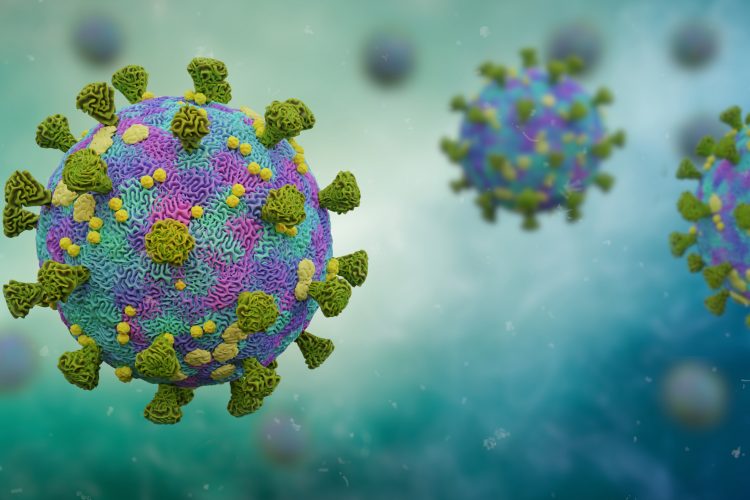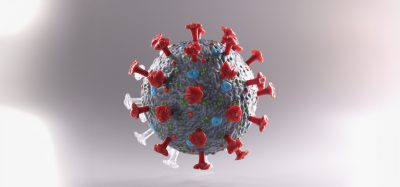Vaccine may reduce severity of long-haul covid symptoms
Posted: 29 August 2023 | Drug Target Review | No comments yet
Receiving a COVID-19 vaccination could offer a dual benefit by not only lowering the likelihood of developing long-haul COVID but also mitigating symptoms for individuals already dealing with this condition.


According to a study published in the Journal of Investigative Medicine. A recent investigation conducted by researchers at Mayo Clinic has unveiled that individuals who received the COVID-19 vaccine before contracting the virus exhibited a reduced likelihood of encountering symptoms commonly associated with long-haul COVID. These symptoms encompass abdominal pain, chest discomfort, dizziness, and breathlessness. The findings of this research have been published in the Journal of Investigative Medicine, marking one of the pioneering studies to explore the potential of COVID-19 vaccines in alleviating long-haul COVID symptoms.
Dr Greg Vanichkachorn, Medical Director of Mayo Clinic’s COVID Activity Rehabilitation Program and the lead author of the study, expressed their astonishment at the results, noting that the research underscores the substantial role vaccines can play in ameliorating the severity of long-haul COVID. Since the outbreak in 2020, over 768 million confirmed cases of COVID-19 have been recorded globally by the World Health Organization. Among those afflicted, an estimated 20 percent of individuals under 65 and 25 percent over 65 are prone to developing post-COVID-19 conditions, recognized as long-haul COVID-19.
These enduring symptoms encompass tiredness, breath shortness, concentration difficulties, chest and abdominal discomfort.
The study engaged 477 patients who sought medical care for long-haul COVID at Mayo Clinic between May 27, 2021, and July 26, 2022. Slightly more than half of the participants had been administered a COVID-19 vaccine before contracting the virus. The study divulged that vaccinated patients exhibited a fifty percent reduced probability of experiencing abdominal pain compared to their unvaccinated counterparts. Additionally, vaccinated patients reported lower occurrences of other symptoms including loss of smell, chest pain, dizziness, numbness, breathlessness, tremors, and weakness. Notably, there was no noteworthy variance between vaccinated and unvaccinated patients concerning fatigue, muscle pain, and tachycardia, or irregular heartbeat.
Dr Vanichkachorn emphasised the necessity for further investigation to comprehend how the COVID-19 vaccine impacts long-haul COVID symptoms, particularly in the context of emerging virus variants.
Related topics
Covid-19, Vaccine development
Related conditions
Covid-19, Long COVID
Related organisations
Mayo Clinic
Related people
Dr Greg Vanichkachorn (Mayo Clinic)







